生物医学科学理学硕士-分子遗传学和微生物学
Master of Science in Biomedical Science - Neuroscience

学历文凭
Masters Degree

专业院系
Department of Neuroscience

开学时间

课程时长

课程学费

国际学生入学条件
A. BS or BA degree in a life science related field, with a minimum undergraduate grade point average of 3.00.
* Pre-requisites: Successful MS and PhD candidates have often completed college level courses in physics, mathematics, organic and inorganic chemistry and advanced biology. It is recommended that students will have undergraduate neuroscience coursework. However, students are also accepted into the program without all necessary pre-requisites. These students may be asked to take the appropriate preparation course(s) prior to undertaking specific graduate level courses.
B. Three letters of recommendation.
C. Personal statement.
An applicant must have a minimum cumulative grade point average of 3.00 on a 4.00 point scale.
IDP—雅思考试联合主办方

雅思考试总分
6.0
- 雅思总分:6
- 托福网考总分:100
- 托福笔试总分:600
- 其他语言考试:NA
CRICOS代码:
申请截止日期: 请与IDP联系 以获取详细信息。
课程简介
The Graduate Program in Neuroscience, in the College of Arts and Sciences and the Renaissance School of Medicine, offers doctoral training in the rapidly expanding field of neuroscience. Through coursework and independent research, students are trained to approach research problems in neuroscience with a broad perspective. Expertise in the areas of molecular and biochemical control of development, properties of receptors and ion channels in relation to cellular physiology, the cellular basis of integrative functions, computational neuroscience and the structural basis for communication among neurons are available to all students in the program. Graduate students will receive in-depth research training in molecular, biochemical, physiological, behavioral, or anatomical sciences. In addition, the Program offers unique opportunities to draw from one or more of these disciplines through multidisciplinary, cosponsored research projects. A program of highly interactive faculty and students provides an exciting focus for research training.<br><br>communicate Neuroscience research. Students will be exposed to advanced neuroscience research techniques, approaches and theory culminating with the MS degree. Core concepts and skills are taught through a series of required core courses, with the remaining coursework consisting of advanced electives and special topics courses. Expertise in the areas of molecular and biochemical control of development, properties of receptors and ion channels in relation to cellular physiology, the cellular basis of integrative functions, computational neuroscience and the structural basis for communication among neurons are available to all students in the program. Students will receive in-depth research training in molecular, biochemical, physiological, behavioral, computational or anatomical sciences. A program of highly interactive faculty and students provides an exciting focus for research training.
相关申请
 预科
预科 奖学金
奖学金 实习机会
实习机会 在校学习
在校学习 跨境学习
跨境学习 校园授课-线上开始
校园授课-线上开始 在线/远程学习
在线/远程学习
开学时间&学费
学费信息仅供参考,请与IDP联系以获取详细信息
| 开学时间 | 时长 | 学费 | 地点 |
|---|
学校排名

世界排名251
数据源:
泰晤士高等教育世界大学排名
关于纽约州立大学石溪分校

石溪大学(简称 SBU)成立于 1957 年,位于纽约州长岛,是一所充满活力的公立大学。该大学共有约 25000 名学生,其中包括 17000 多名本科生,支持着一个庞大而多元化的学术社区,同时提供丰富而令人兴奋的大学体验。该大学提供广泛的本科、研究生和博士课程,涵盖多个领域。该校在科学、工程和医学方面拥有坚实的基础,并辅以艺术、人文和社会科学课程。热门专业包括生物医学工程、海岸环境研究和计算机科学,每个专业都将学校的前沿研究与基于实践经验的学习相结合,为学生完成学业后从事专业工作做好准备。根据2024年《美国新闻与世界报道 》,SBU 在纽约州公立大学中排名第一,在全美公立大学中排名第 26 位。同一份研究报告还将该大学的社会流动性排在全美第 12 位,并跻身全美十大最多元化大学之列。SBU 是纽约州立大学(SUNY)系统的一部分,并于 2022 年被纽约州州长正式指定为纽约州立大学的两所旗舰大学之一。该大学的长岛校区为学生提供了一系列美丽的海滩,同时还拥有靠近纽约市的所有优势,为学生提供了丰富的教育和课外活动机会。
本校相关课程

妇女与性别研究文学士
学历文凭
Bachelor Degree
开学日期
课程费用总额


技术系统管理理学学士
学历文凭
Bachelor Degree
开学日期
课程费用总额


可持续发展研究文学学士学位
学历文凭
Bachelor Degree
开学日期
课程费用总额


西班牙语言文学学士学位
学历文凭
Bachelor Degree
开学日期
课程费用总额


社会学文学学士
学历文凭
Bachelor Degree
开学日期
课程费用总额


社会工作科学学士学位
学历文凭
Bachelor Degree
开学日期
课程费用总额

其他相关课程
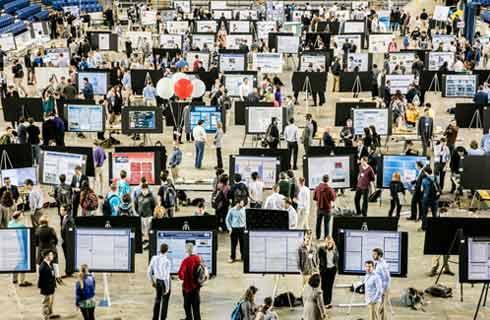
Master of Science in Neuroscience
 匹兹堡大学
匹兹堡大学学历文凭
Masters Degree
开学日期
课程费用总额

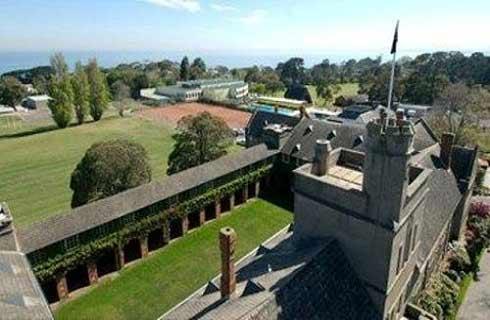
心理学文学硕士-认知和行为神经科学。
 乔治梅森大学
乔治梅森大学泰晤士高等教育世界大学排名:426
学历文凭
Masters Degree
开学日期
课程费用总额

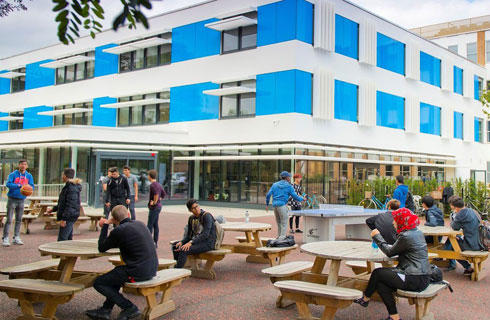
神经诊断技术艺术副学士
 贝尔维尤学院
贝尔维尤学院学历文凭
Associate Degree
开学日期
课程费用总额

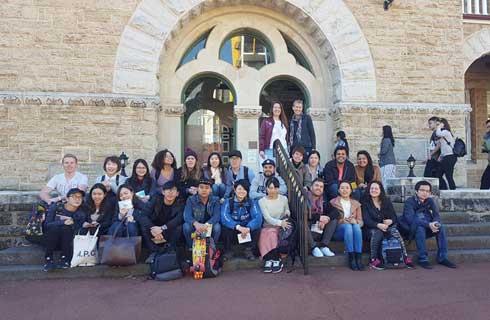
神经科学理学学士-Neuromotor(Honours)Co-Op
 布鲁克大学
布鲁克大学学历文凭
Bachelor Degree with Honours
开学日期
课程费用总额


Doctor of Philosophy in Neuroscience
 加州大学洛杉矶分校
加州大学洛杉矶分校泰晤士高等教育世界大学排名:19
学历文凭
Ph.D.
开学日期
课程费用总额

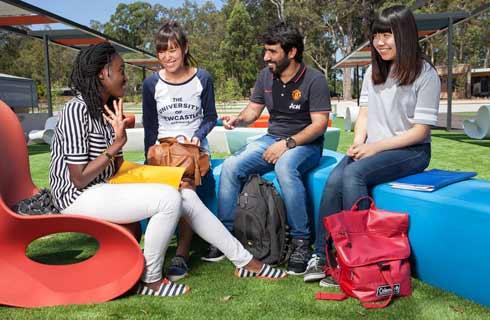
Bachelor of Arts in Neuroscience and Behavior (Premed)
 圣母大学
圣母大学泰晤士高等教育世界大学排名:194
学历文凭
Bachelor Degree
开学日期
课程费用总额










